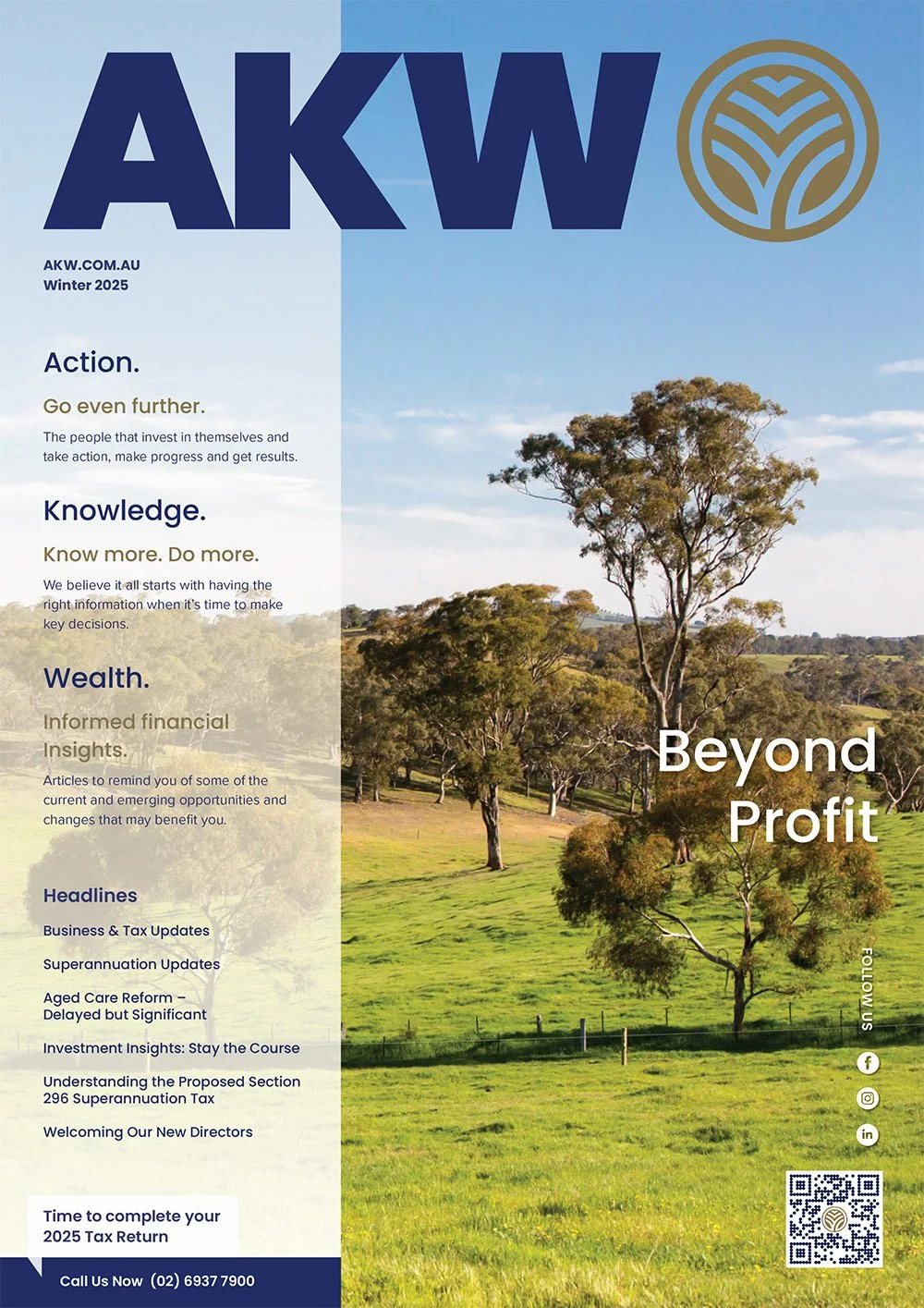Time to buy or sell?
Last reviewed June 2022
It’s been an incredible decade for investors despite the challenges of recent years. US equities have shown great persistence in their performance, providing returns in the 20% and 30% range for the past three years. With only one negative year for the past decade, the US equity index has returned an average of 16% pa from 2012-2021.
Of course this is just one asset class, but we don’t need to look far to find other asset classes performing extremely well. Positive returns like this are a good thing, keep in mind that most Australian Super funds have a decent portion of their capital invested abroad, subsequently most Australians benefit from the returns detailed above. Conversely however, positive returns of this magnitude also make people nervous, with the age-old adage of ‘what goes up, must come down’ instilled in us all.
It’s this line of thinking, along with some help from the headline driven click bait, classified as financial media that drives two very common questions;
Is now the time to sell? Or is now the time to buy? Generally speaking, I’m inclined to believe that it’s always a good time to invest. Yes, it’s important to consider your individual circumstances and determine an investment strategy that suits your specific needs and preferences. However, once an appropriate investment strategy is defined, the question of when to invest should become less of a concern.
Attempting to time the market is an exercise that research shows time and time again, does not consistently add value, but it’s great at detracting value. Many of us may at some point have ‘gotten in and gotten out’ of an investment with superb timing, or surely heard the experience of family or friends who have, but we would do ourselves a favour to treat this anecdotal evidence as good luck, rather than a reliable and repeatable strategy.
Why? Well, we not only need to know when to sell but we also need to know when to buy back in, or vice versa. Since our long-term financial success relies on decades of returns, not one lucky transaction, most people don’t have the luxury of getting it right once and quitting while they’re ahead. Lastly, it only takes a couple of bad decisions to have disastrous impacts, so why take this risk.
To illustrate this last point, $1,000 invested in the S&P 500 index in 1990 would total $20,451 by the end of 2020, so long as you remained invested the entire period.
If, however you missed the best performing day, just one day over the two decades, you end up with $18,329.
Missed the best 5 days? Now you’re left with $12,917, best 15 days $7,080, and lastly, if you missed the best 25 days you end up with $4,376.
Do the math with larger sums invested and you’ll realise the impact some poor market timing can have on your long-term results.
As for our concern of buying into a bull market, historical data can also assist us make educated decisions in this area. When reviewing the monthly closing levels of the S&P 500 index between 1926 and 2020, 30% of the monthly closing prices were new market highs. The average performance following those new market highs over the next 1 year, 3 year and 5 year period was 13.9%, 10.5% and 9.9% respectively.
In summary, we should not let record highs or good performance deter us from investing, in fact, we should expect new records since the nature of markets is to price assets for future positive returns.
Will assets decline, market corrections and recessions come? Certainly.
Can we say with confidence we know when this will happen, and perhaps just as important, when to re-enter the market if we do successfully sell at the right time? Certainly not.
Instead, a thoughtful investment strategy centred around your individual needs, preferences and based on academic evidence can be our ticket to financial success and peace of mind, through all market cycles.
Zachary Morden-Jones
AKW Wealth Adviser
Zachary Morden-Jones is an Authorised representative of Oreana Financial Services Pty Ltd, AFSL 482234. This advice may not be suitable to you because it contains general advice that has not been tailored to your personal circumstances. Please seek personal financial and tax/or legal advice prior to acting on this information. Past returns are not indicative of future returns.












